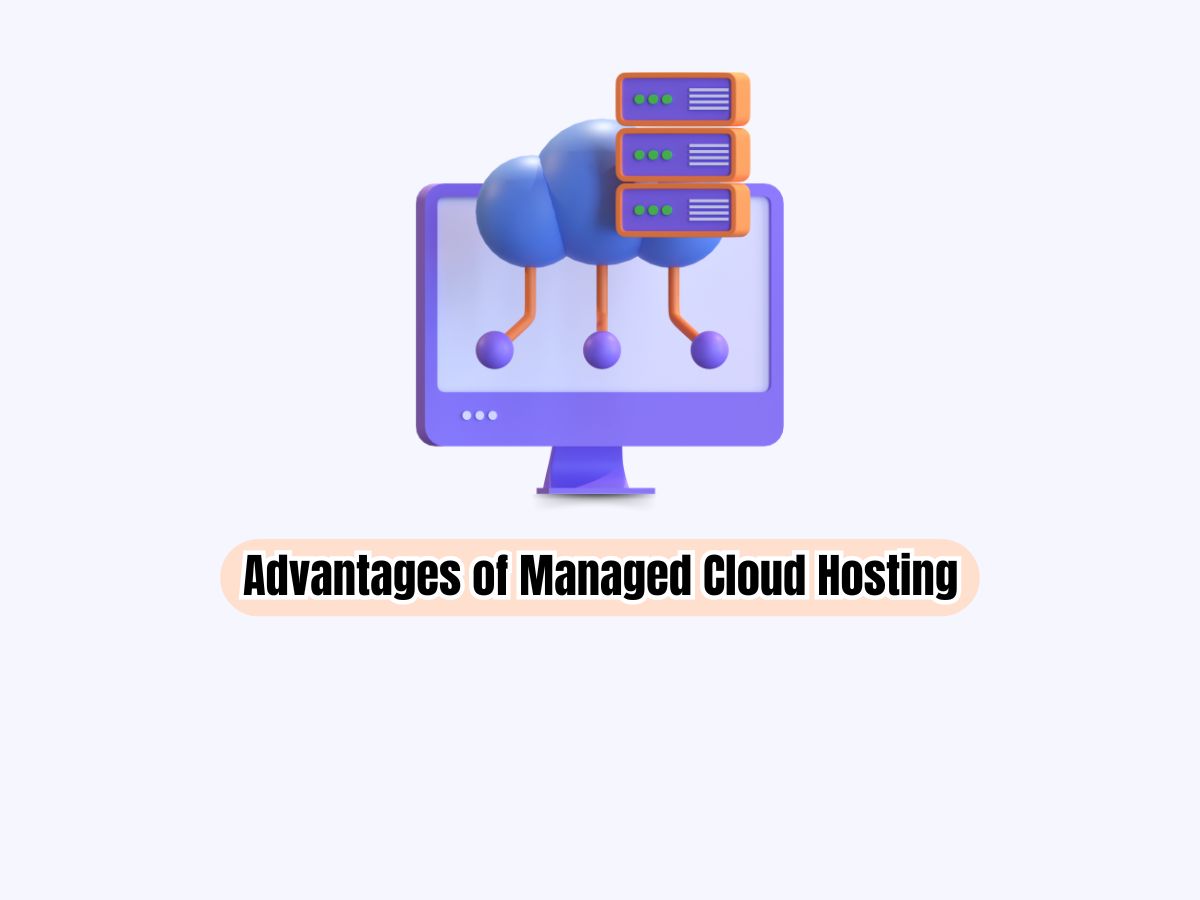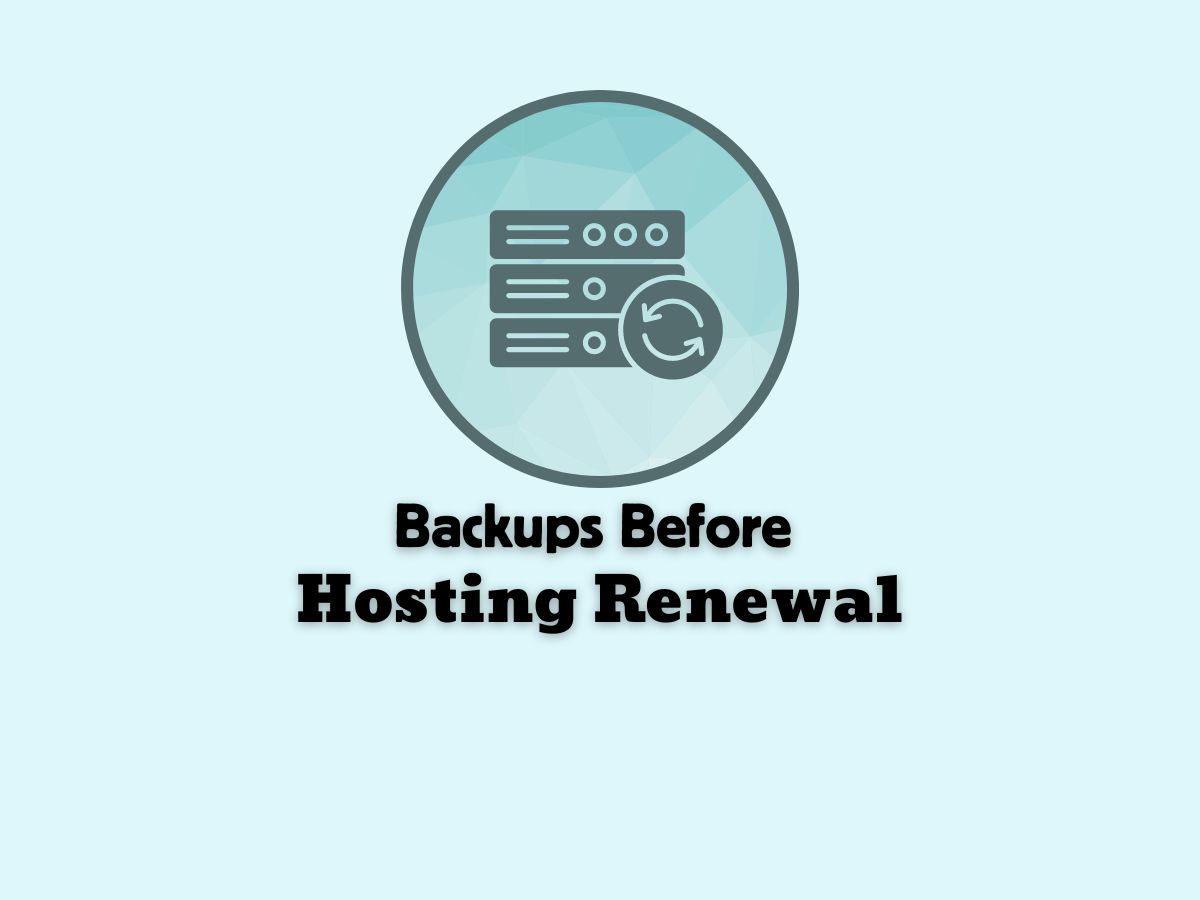
Advantages of Managed Cloud Hosting
In recent years, cloud hosting has emerged as a popular choice for businesses seeking scalable, flexible, and reliable hosting solutions. Within the realm of cloud hosting, managed cloud hosting stands out for its unique benefits and features. In this article, we’ll explore the advantages of managed cloud hosting and why it’s becoming increasingly popular among businesses of all sizes.
1. Enhanced Security
Managed cloud hosting providers typically offer advanced security measures to safeguard your data and infrastructure. This includes regular security updates, proactive monitoring for suspicious activity, robust firewalls, encryption, and intrusion detection systems. With a dedicated team of experts overseeing security, businesses can mitigate the risk of cyber threats and data breaches.
2. Scalability
One of the primary advantages of cloud hosting, in general, is its scalability. Managed cloud hosting takes this a step further by providing seamless scalability without the need for manual intervention. Whether your business experiences sudden spikes in traffic or needs to scale resources up or down as demand fluctuates, managed cloud hosting allows for effortless scalability, ensuring optimal performance at all times.
3. High Availability and Reliability
Managed cloud hosting typically operates across multiple servers and data centers, ensuring high availability and uptime. With redundant infrastructure and failover mechanisms in place, managed cloud hosting minimizes the risk of downtime and ensures that your website or applications remain accessible to users, even in the event of hardware failures or maintenance activities.
4. Expert Support and Management
One of the key features of managed cloud hosting is the availability of expert support and management services. Managed cloud providers offer round-the-clock support from a team of experienced professionals who can assist with configuration, optimization, troubleshooting, and any other technical issues that may arise. This allows businesses to focus on their core objectives without the burden of managing and maintaining their hosting infrastructure.
5. Cost-Effectiveness
While cloud management hosting may come at a premium compared to traditional hosting solutions, it offers significant cost savings in the long run. By outsourcing the management and maintenance of your hosting infrastructure to a cloud management provider, businesses can eliminate the need for in-house IT personnel, hardware investments, and ongoing maintenance costs. Additionally, the pay-as-you-go pricing model of cloud management hosting ensures that businesses only pay for the resources they use, making it a cost-effective solution for organizations of all sizes.
6. Performance Optimization
Managed cloud hosting providers employ optimization techniques to ensure optimal performance and efficiency. This includes resource allocation, load balancing, caching, content delivery network (CDN) integration, and other performance-enhancing measures. By optimizing infrastructure and applications, cloud management hosting helps businesses deliver faster load times, improved user experiences, and better overall performance.
Conclusion
Managed cloud hosting offers a plethora of advantages that make it an attractive option for businesses looking to leverage the power of the cloud while minimizing operational overhead and maximizing performance, security, and scalability. By partnering with a reliable cloud hosting provider, businesses can unlock the full potential of cloud technology and stay ahead in today’s competitive digital landscape.







